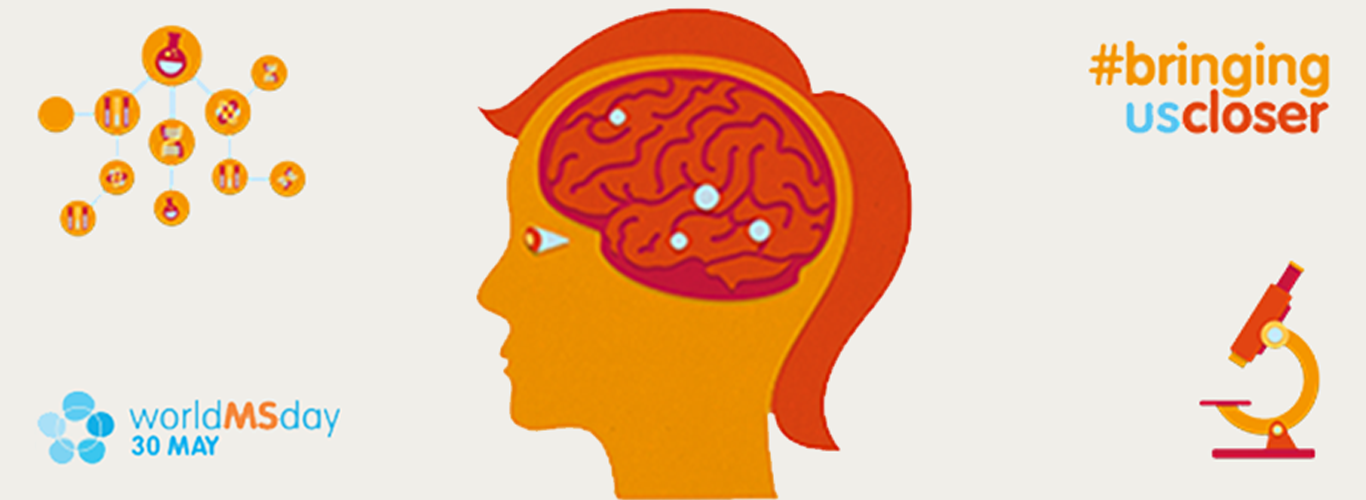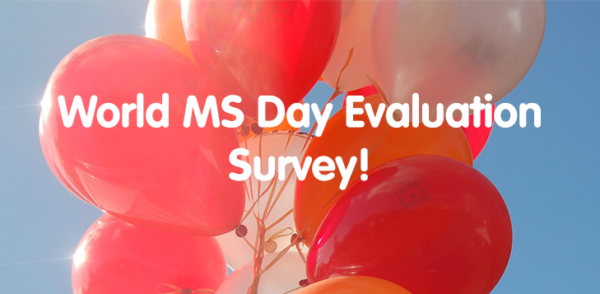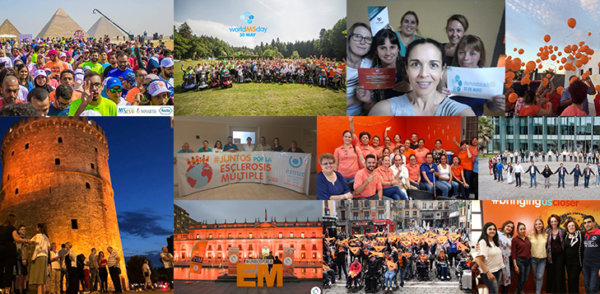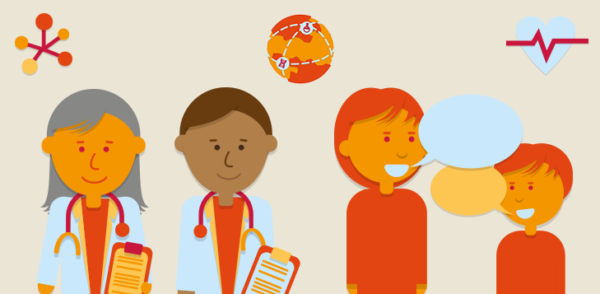Brain banks: advancing neurological research worldwide
Exploring the vital role of brain banks across the globe in progressing research into MS and other neurological diseases.
Are you an organ donor?
It’s an admirable choice that’s become increasingly popular in recent years. After all, one person’s heart, kidneys or liver could save someone else’s life. Yet, we rarely think about the brain as an organ. When someone donates their brain to research, they are helping scientists to better understand and hopefully eradicate neurological diseases like MS. Physical examination of the brain – the body’s most complex organ – is absolutely crucial to achieving progress in research into MS and other neurological diseases.
Today, scientists are hard at work examining brains at brain banks across the world, bringing us closer to ending MS and other neurological diseases. Here are just a few examples of these incredible projects.
Europe
BrainNet Europe is a network of 19 brain banks spanning 11 European countries. Established in 2001, this consortium promotes brain banking as a vital resource that provides European neuroscientists with high-quality human brain tissue samples for analysis. BrainNet Europe brings together scientists and experts from across mainland Europe and the UK, enabling them to collaborate, share expertise and, together, advance neurological research.
The UK has an impressive network of brain banks, with 12 centres holding 14,000 donated brains. The origin of these brain banks dates all the way back to the late 19th century, when the pathologist William Lloyd Andriezen set about archiving the brains of over 100 patients.
“Most understanding of human neurological disease has come from examining human brain tissue”, says Prof Seth Love, director of the UK Brain Bank Network. “Most of the advances in neurological disease have occurred really within the last 2-3 decades – mostly from examination of brains derived from brain banks.”
Another great European example is the Netherlands Brain Bank. It’s a non-profit organisation that aims to increase our understanding of the human brain and develop therapies for neurological and psychiatric diseases. The Bank adheres to an open access policy and researchers from all over the world can request samples.
Latin America
Brazil’s Brain Bank has a very interesting background. In 2003, Dr Grinberg and her colleagues at the University of Sao Paulo Medical School decided to make use of Sao Paulo’s Autopsy Service to gain valuable insights into the aging brain. The result was the Brain Bank of the Brazilian Aging Study Group, designed to collect and analyse brains and other body tissues from people with and without dementia. The Brain Bank has since collected more than 4,000 brains, offering vital insights into dementia and supporting a number of studies into research laboratories across Brazil.
Mexico’s brain bank, housed in the National Polytechnic Institute’s Center for Investigation and Advanced Studies (CINVESTAV), supplies biological matter for research that is unavailable in many parts of Latin America. The project, founded by Dr Raul Mena and Dr José Luna-Muñoz, has enabled Mexican scientists to contribute to international research into Alzheimer’s and dementia.
Argentina is also home to a national brain bank, hosted by FLENI, the Foundation for the Fight Against Neurological Diseases of Children.
Asia
The Human Brain Tissue Repository (HBTR) in Bangalore, India, distributes human nervous tissue for various types of neurobiological research. HBTR collaborates with numerous national research groups, providing important human material for research purposes free of charge. HBTR’s contributions have supported crucial developments in brain pathology in India, establishing the centre as a vital resource for neuroscientific research.
Since it was established in 2007, the Chinese Brain Bank Centre (CBBC) has collected more than 1,200 brains. Directing the centre is Professor Dai Jiapei, who brings valuable expertise from 15 years of research at a brain bank in Holland. Such international collaboration is vital to progressing global neurological research.
‘The fundamental significance of brain research is to know what it is to be human,’ explains Professor Dai.
Sports brain banks
As of March 2018, there’s now a Global Brain Bank that focuses on sports-related brain trauma, run by the Concussion Legacy Foundation (CLF) in Boston, US. This global project, modelled on a successful US partnership involving Boston University and the US Department of Veterans Affairs, gathers and analyses the brains of athletes and veterans in order to better understand Chronic Traumatic Encephalopathy (CTE), a neurodegenerative disease associated with repeated blows to the head. According to BrainNet Europe, the US is home to around 100 brain banks, making valuable contributions to neurological research worldwide.
Australia was one of the first countries to sign up to the Global Brain Bank and is encouraging Australians who have played sports at all levels to donate their brains the new Australian Brain Bank. Six former pro-footballers are among the Australians who have already signed up.
Australia
The MS Research Australia Brain Bank was established in 2008 after MS Research Australia recognised that the main factor limiting progress in MS research was the availability of high quality human brain tissue from people with MS.
The MS Research Australia Brain Bank collects tissue from people with and without MS and the collection currently holds close to 100 MS brains. The tissue collection is neuropathologically and clinically characterised, making this collection very valuable for research. This collection has enabled a number of studies into MS both in Australia and internationally.
The MS Research Australia Brain Bank is run as a joint venture between MS Research Australia and the University of Sydney, with Professor Michael Barnett and Associate Professor Michael Buckland acting as Co-Directors.
Related news
Tell us what you thought of World MS Day 2018 by filling in our Evaluation Survey and help shape the…

Discover the highlights from World MS Day 2018: Bringing Us Closer.

MS registries put people living with MS at the heart of their own treatment and at the centre of MS…
